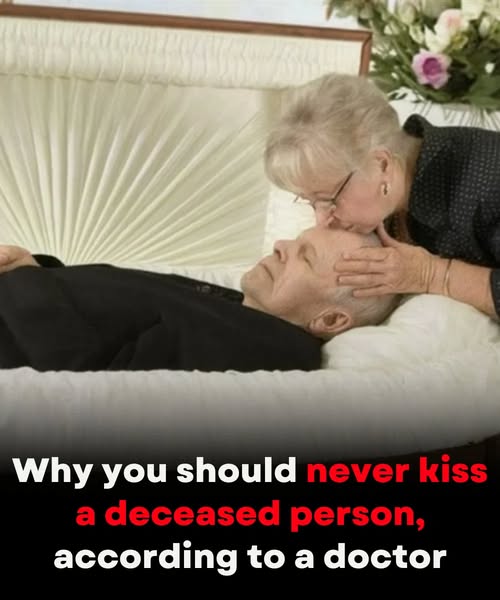Dr. Viktor Ivanovik, a physician from Moldova with a TikTok audience of over 300,000, recently sparked viral discussion by warning against kissing deceased loved ones. In his video, he emphasized the potential health risks, particularly if the person died from an infectious disease. While the possibility of transmission after death is rare, he noted it can still occur, prompting both support and backlash. Supporters valued the focus on health, while others felt it undermined a sacred grieving tradition.
Throughout many cultures, touching or kissing the deceased—such as holding their hand or kissing the forehead—is a long-standing act of mourning. It offers emotional comfort and a sense of closure. However, during times of widespread illness, like the COVID-19 pandemic, health officials have recommended avoiding such practices. These cautions are made not out of fear, but to reduce risk and prevent further transmission.

Medical professionals generally agree that the risk of contracting an illness from a deceased person is low when the cause of death isn’t infectious. However, if the person had conditions like tuberculosis, hepatitis B or C, hemorrhagic fevers, or severe bacterial infections, then post-mortem contact can pose a real danger. In such cases, experts advise consulting with a physician or funeral professional for tailored advice.
For those who wish to say goodbye in a safer way, there are meaningful alternatives. These include placing a flower on the body, lighting a candle in remembrance, writing a farewell letter, or creating a tribute with photos and music—rituals that carry emotional weight without health risks.
Ultimately, this issue highlights the intersection of love, tradition, and safety. While physical contact can be part of grieving, making informed decisions ensures we honor our loved ones respectfully while protecting ourselves and others. The essence of farewell lies in intention, not just in action.